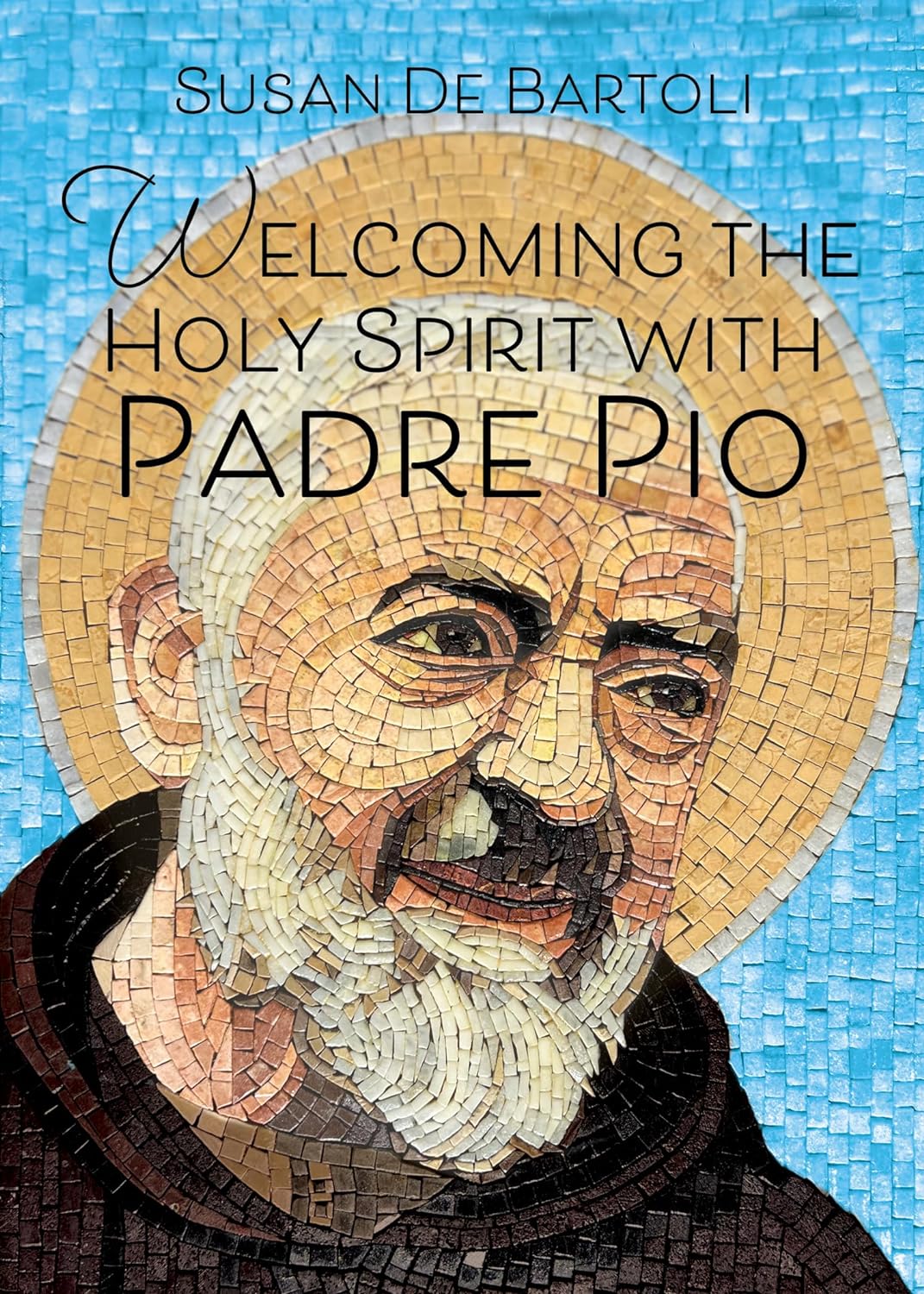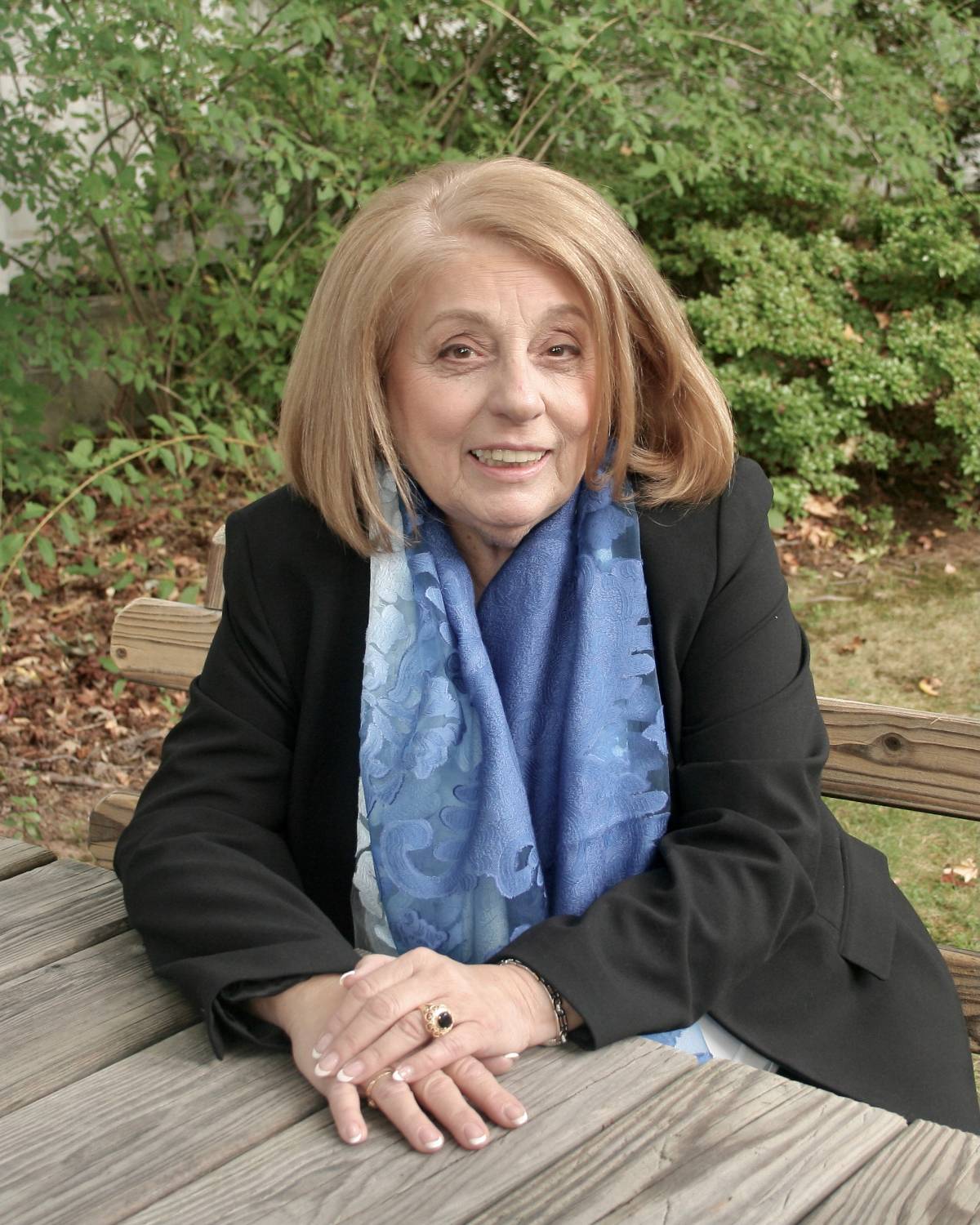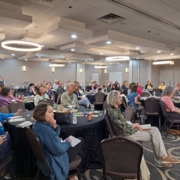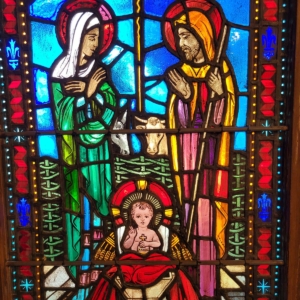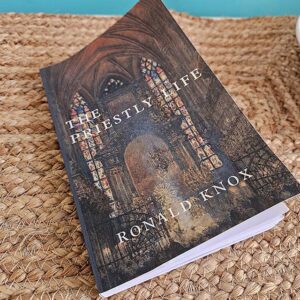Our Luminous Eucharist
St. Pope John Paul II, in his 2002 apostolic letter Rosarium Virginis Mariae, added five new mysteries to the traditional Rosary. He called them “luminous,” and referred to them as Mysteries of Light, because they “demonstrate the light of God manifested through Jesus.” (1)
‘”… It is during the years of his public ministry that the mystery of Christ is most evidently a mystery of light: ‘While I am in the world, I am the light of the world’ (Jn 9:5).'” (2)
The culminating mystery is titled Institution of the Eucharist. We’ve just finished celebrating that fifth luminous mystery on Holy Thursday, to open the great Triduum of Easter 2024.
From the beginning of the church, many saints, theologians, and mystics throughout the world have devoted themselves to private prayer before the blessed sacrament in adoration and discernment.
The scriptural words of Jesus about his body and blood are clear and specific, but even during his earthly lifetime, many of his followers abandoned him because they were so difficult to accept (John 6:53-66).
As John A. Harmon S.J. has demonstrated, knowledge of the properties and development of doctrines about the body and blood of Christ have evolved over time. (3).
The thirteenth century was a period of flourishing growth for both.
At the University of Paris, St. Albert the Great (1200-1280), the mentor of St. Thomas Aquinas, was translating Aristotle and “… established the study of nature as a legitimate science within the Christian tradition.” (4)
Blessed Carlos Acutis’ list of eucharistic miracles includes no less than twenty-three that occurred between the years 1194 and 1297.
Ten are bleeding hosts, including two of the most reliable, Santarem, and Bolsena which was witnessed by St. Thomas Aquinas and Pope Urban IV. One is St. Clare’s remarkable defense of her convent against barbarian invaders with prayers and the blessed sacrament exposed in a monstrance. (5)
Today, April 6, is the traditional feast day of a more obscure thirteenth-century abbess who has been almost — but not quite — forgotten by history.
Although her feast been celebrated for more than 150 years (6), her name does not appear in the Proper Calendar for the Dioceses of the United States of America (7) nor on an extensive list of historical saints at Catholic Online (8).
She’s known, however, in Galway Cathedral (9); to the students of Saint Ignatius High School in Cleveland, Ohio (10); Our Sunday Visitor’s Simply Catholic in Indiana (11); EWTN; (12) the Encyclopedia Britannica (13); and she appears in Catholic Encyclopedia (14).
At his General Audience at St. Peter’s Square in Rome on November 17, 2010, Pope Benedict XVI spoke about this humble woman, who was orphaned at the age of five and raised by Augustinian nuns.
“… She is little known but the Church is deeply indebted to her, not only because of the holiness of her life but also because, with her great fervour, she contributed to the institution of one of the most important solemn Liturgies of the year: Corpus Christi …
“She is St. Juliana de Cornillon, also known as St. Juliana of Liège …
“When Juliana was 16, she had her first vision which recurred subsequently several times during her Eucharistic adoration. Her vision presented the moon in its full splendour, crossed diametrically by a dark stripe. The Lord made her understand the meaning of what had appeared to her. The moon symbolized the life of the Church on earth, the opaque line, on the other hand, represented the absence of a liturgical feast for whose institution Juliana was asked to plead effectively: namely, a feast in which believers would be able to adore the Eucharist so as to increase in faith, to advance in the practice of the virtues and to make reparation for offences to the Most Holy Sacrament …” (15)

The Vision of Saint Juliana of Mont Cornillon (b. c. 1191-1193, d. 1258) Philippe de Champaigne (1602-1674), Barber Institute of Fine Arts, University of Birmingham Public Domain, CC BY-SA 4.0 <https://creativecommons.org/licenses/by-sa/4.0>, via Wikimedia Commons
Juliana kept her visions secret for twenty years before she began to speak about them, first with two close friends who shared her devotion, and then her confessor, Canon John of Lausanne.
Her bishop, Robert de Thorete, established the first liturgical feast of the Body and Blood of Christ in his Diocese of Liège in 1246. (16) With support from St. Thomas Aquinas, Pope Urban IV established Corpus Christi as a solemn liturgical feast for the entire Roman Catholic Church in 1264. (17)
But Our Lord first entrusted his mission to one solitary woman, on her knees in adoration before his luminous presence. St. Juliana persevered through many obstacles for over forty years, and she lived to see it fulfilled.
“You are the light of the world. A city set on a mountain cannot be hidden.
Nor do they light a lamp and then put it under a bushel basket; it is set on a lampstand, where it gives light to all in the house.
Just so, your light must shine before others, that they may see your good deeds and glorify your heavenly Father.” Matthew 5:14-16 (18)
St. Juliana of Liège, pray for us.

(Lüttich is the German spelling of French Liège) Insert: Kath. Pfarrkirche St. Gordian und Epimachus, Merazhofen, Stadt Leutkirch im Allgäu, Landkreis Ravensburg Chorgestühl, 1896, Bildhauer: Peter Paul Metz. Unmodified Photo: by Andreas Praefcke, CC BY 3.0 <https://creativecommons.org/licenses/by/3.0>, via Wikimedia Commons
©Copyright 2024 by Margaret King Zacharias
Feature image: Map of Liège (Belgium) in the 16th century engraved on copper by Julius Milheuser in 1627 and published
by Johannes Blaeu in Amsterdam in 1649, Public domain, via Wikimedia Commons.
Images of St. Juliana of Lieges:
St.-Juliana-at-Blessed-Sacrament-with-Moon-Champaigne-sainte-Julienne-Barber-Institute-Birmingham.jpeg
St.-Juliana-of-Kath.-Pfarrkirche-St.-Gordian-und-Epimachus-Merazhofen-Stadt-Leutkirch-im-Allgau-Landkreis-Ravensburg-Chorgestuhl-1896-Bildhauer-Peter-Paul-Metz.jpeg
Notes:
- https://www.nationalshrine.org/blog/a-guide-to-the-luminous-mysteries-at-the-
basilica/#:~:text=Instituted%20by%20Pope%20John%20Paul,of%20God%20manifested%20through%20Jesus.
- https://www.catholicnewsagency.com/news/252575/the-reasons-st-john-paul-ii-gave-for-adding-the-luminous-mysteries-to-
the-rosary
- https://www.ewtn.com/catholicism/library/history-of-eucharistic-adoration-development-of-doctrine-in-the-
catholic-church-4086#
- https://www.britannica.com/biography/Saint-Albertus-Magnus
- https://en.wikipedia.org/wiki/Eucharistic_miracle
- https://www.galwaycathedral.ie/news/saint-month-st-juliana-
liege#:~:text=Juliana%20was%20canonised%20in%201869,of%20Liège%2C%20pray%20for%20us.
- https://www.usccb.org/prayer-and-worship/liturgical-year-and-calendar/proper-calendar
- https://www.catholic.org/saints/stindex.php
- https://www.galwaycathedral.ie/news/saint-month-st-juliana-
liege#:~:text=Juliana%20was%20canonised%20in%201869,of%20Liège%2C%20pray%20for%20us.
- https://www.ignatius.edu/news/june-2022/st-juliana-s-line-through-the-moon
- https://www.simplycatholic.com/st-juliana-of-liege/
- https://www.ewtn.com/catholicism/library/st-juliana-of-cornillon-6285
- https://www.britannica.com/topic/Feast-of-Corpus-Christi
- https://catholicism.en-academic.com/18765/St._Juliana_of_Liege
- https://www.vatican.va/content/benedict-xvi/en/audiences/2010/documents/hf_ben-xvi_aud_20101117.html
- https://en.wikipedia.org/wiki/Juliana_of_Liège
- https://en.wikipedia.org/wiki/Feast_of_Corpus_Christi
- https://bible.usccb.org/bible/matthew/5
